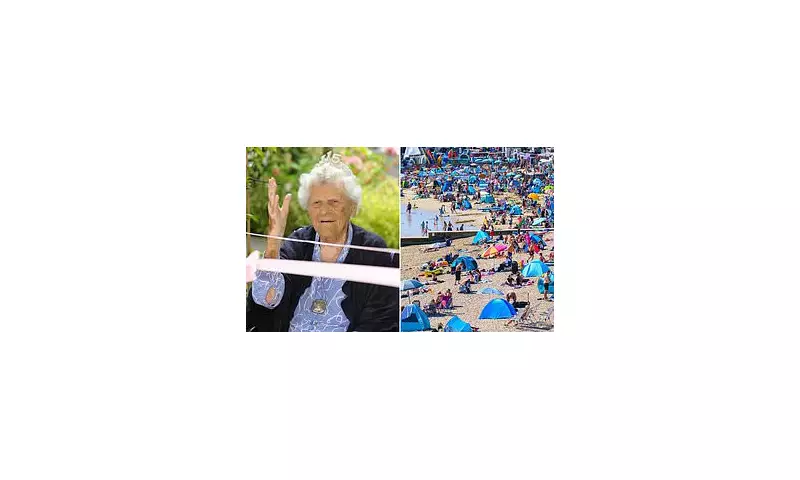
In a startling breakthrough that connects climate science with human biology, British researchers have identified specific weather conditions that dramatically accelerate the ageing process at a cellular level.
The pioneering study reveals that certain atmospheric phenomena trigger biological responses that can add years to your apparent age while compromising your health.
The Hidden Environmental Factor Accelerating Ageing
While we routinely protect ourselves from sun damage and pollution, this research uncovers a previously overlooked environmental threat. Scientists have pinpointed exact weather patterns that create oxidative stress and inflammation throughout the body.
These conditions damage DNA, shorten telomeres (the protective caps on chromosomes), and essentially force cells into premature ageing. The effects are cumulative and potentially reversible with proper awareness and protection.
How Weather Becomes a Biological Threat
The research team monitored participants across varying climate conditions, measuring biological markers of ageing including telomere length, mitochondrial function, and epigenetic changes.
They discovered that specific combinations of temperature, humidity, and atmospheric pressure create the perfect storm for cellular damage. Contrary to popular belief, the damaging conditions aren't limited to extreme heat or cold but occur in surprisingly common weather patterns.
Protecting Yourself From Environmental Ageing
The study provides practical advice for mitigating these effects, including:
- Monitoring local weather conditions known to accelerate ageing
- Adjusting outdoor activities during high-risk periods
- Using targeted protective measures beyond standard sun protection
- Supporting cellular health through nutrition and lifestyle choices
This research represents a significant shift in how we understand environmental impacts on health and longevity, potentially leading to new public health guidelines and personal protection strategies.





